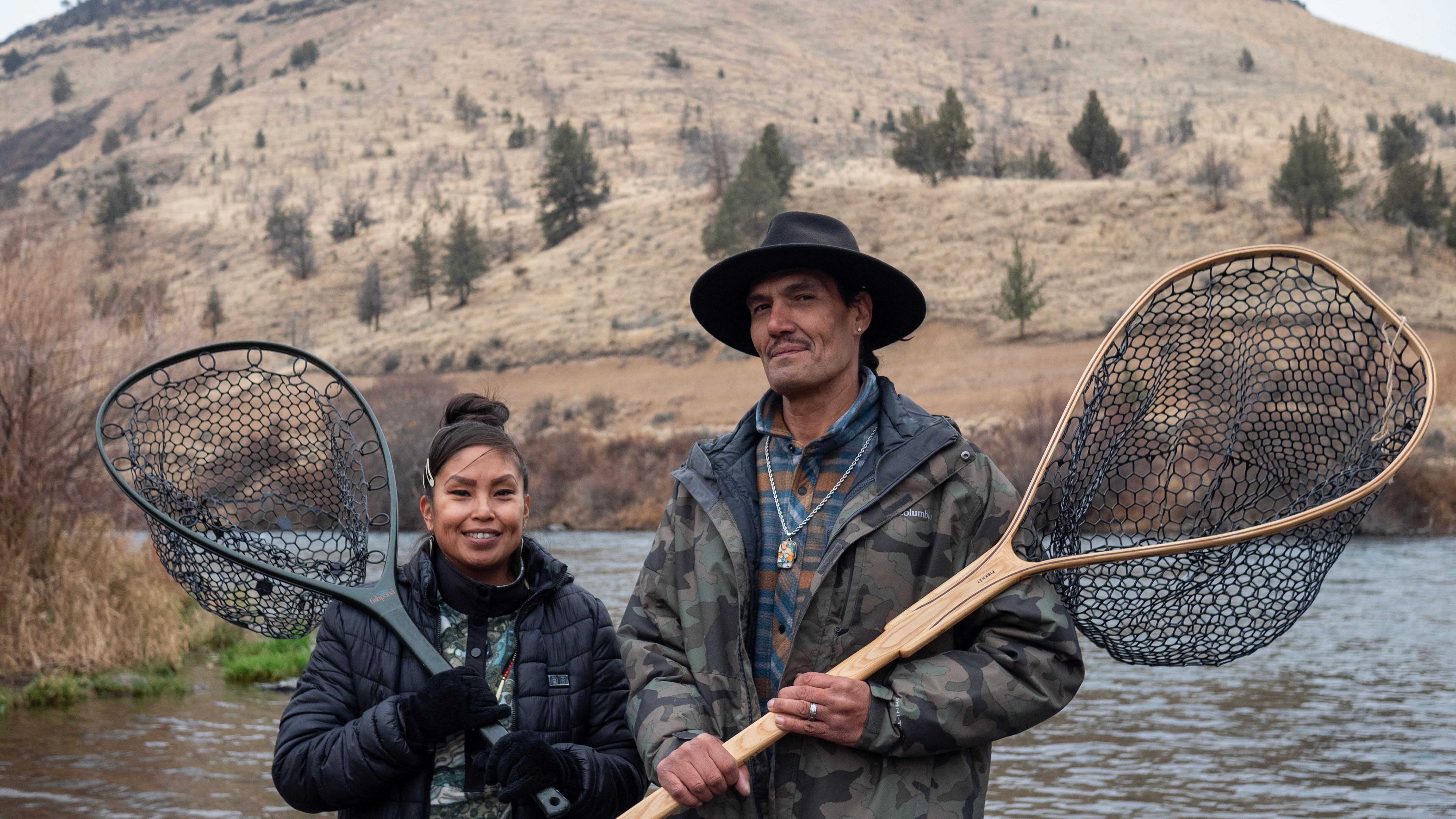LISTEN TO THE TRIBES
Nigel Jaquiss’ recent article [“The Damned Deschutes,” WW, Dec. 18] misses the point. The story is not one of an electric utility, its critics, and the health of the Deschutes River. That framing is too narrow. The real story is one of tribal sovereignty, resilience and self-determination. To be precise, the sovereignty of the Confederated Tribes of Warm Springs is the real story.
Like my tribe, the Confederated Tribes of Warm Springs possesses ancient sovereignty as a “Treaty tribe.” And, like us, they are a large land-based, rural tribe with limited economic opportunity, persistent poverty, diminished life expectancy, and public safety issues, among others.
Unlike other sovereigns, our governments have limited ability to generate revenue to provide for the welfare of our people. We, thus, are required turn to economic development to generate necessary revenues.
Economic development sometimes does fit neatly with our Indigenous cultures and every other policy priority of our tribal governments, yet we press on—because we must. Our teachings instruct us that we have a duty to manage our resources for seven generations into the future, which is necessarily predicated on our people’s continued survival.
I understand that, for the Confederated Tribes of Warm Springs, the waters of the Deschutes River and the salmon are the first and second gifts of the Creator. Yet, they made the sovereign choice to become a part owner of the Pelton hydroelectric project. If you wish to understand that choice, you should ask them why and be prepared to listen, really listen. Doing so honors their sovereignty and dignity.
In my view, that did not happen with Mr. Jaquiss’ article. His apparent cramped, antiquated understanding of tribal sovereignty as monolithically synonymous with NGOs’ liberal values or non-Native sports fishermen’s interests in large trophy specimens of particular species of fish is simply wrong.
Tribal citizens rely on dynamic, modern tribal governments to balance many competing priorities and values in the way that best provides for the wellness of future generations—exactly as the Confederated Tribes of Warm Springs has done with respect to their economic development on the Deschutes River and their Treaty-protected fisheries. The Tribe should be honored for its careful, thoughtful stewardship of the resources they have protected from time immemorial.
J. Garret Renville, Chairman, Coalition of Large Tribes
(Chairman, Sisseton-Wahpeton Oyate, Lake Traverse Reservation)
SUMMER STEELHEAD ARE DISAPPEARING
I have been fishing the lower 20 miles of the Deschutes River for summer steelhead since 1975. Except for a few bad years in the late 1970s, the Deschutes River summer steelhead run has consistently been good to excellent. I could routinely count on hooking four to 10 steelhead with my fly rod during our multiday camping ventures on the lower Deschutes in August and September from the 1980s through the 1990s and 2000s. Over 30 years of mostly excellent summer steelhead fishing. But the mixing tower went in, and then things really started to change. The summer water temps rose into the lower 70s (lethal for salmon), and the algae blooms exploded. For the past 10 years, the summer steelhead fly fishing on the lower Deschutes has been awful, abysmal, frustrating, boring and non-productive for the most part. The dam counts at Bonneville over the past six to eight years have been disastrous, producing just 20% to 30% of the historic dam count numbers. So bad, in fact, that the Oregon Department of Fish & Wildlife has had to institute major closures and protective zones at the mouth of the Deschutes to try and protect the endangered and disappearing summer steelhead. It is sad for an old timer like me to see the total destruction of the once great Deschutes River summer steelhead fishery, and to witness the failure of our governmental agencies and private industries to reverse the bad decisions and policies implemented by PGE and the DEQ and others. Keep up the good reporting and investigating and excellent journalism.
Kim MacColl
Northwest Portland
Letters to the editor must include the author’s street address and phone number for verification. Letters must be 250 or fewer words. Submit to: P.O. Box 10770, Portland, OR 97296 Email: amesh@wweek.com

